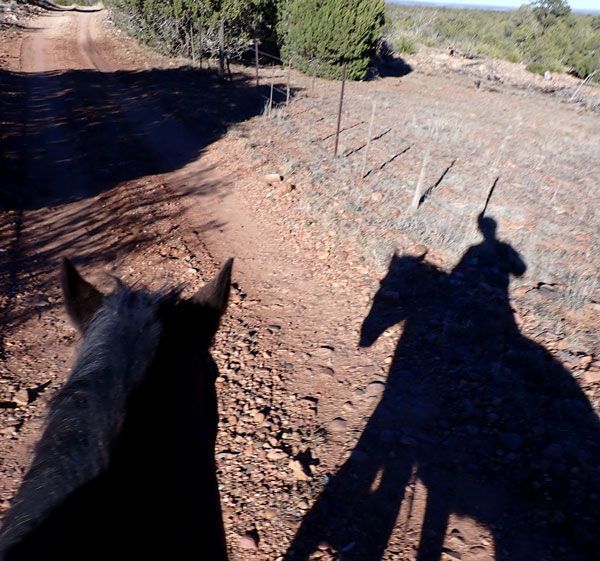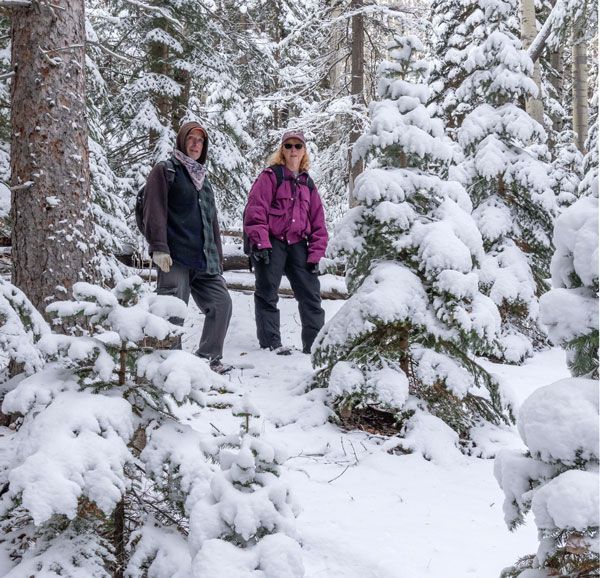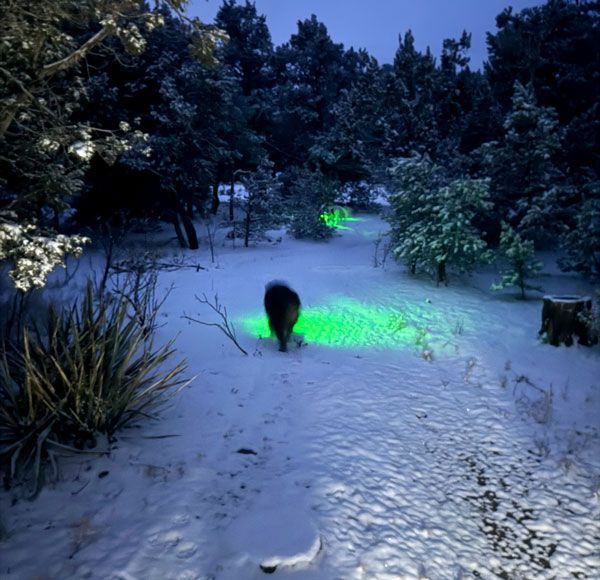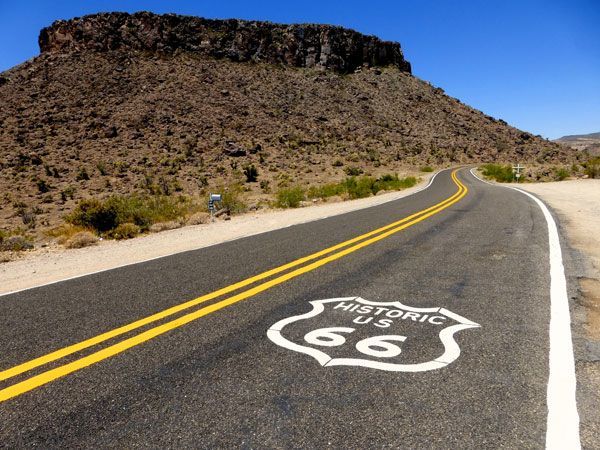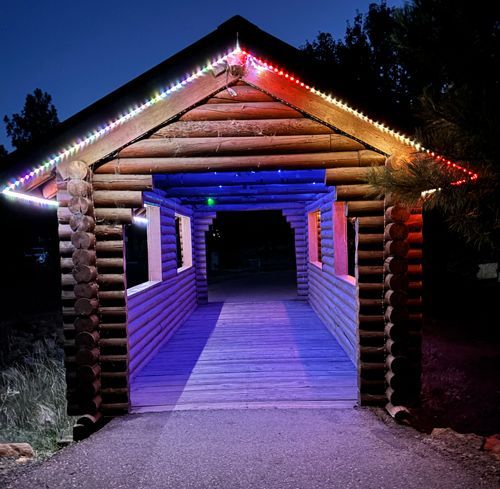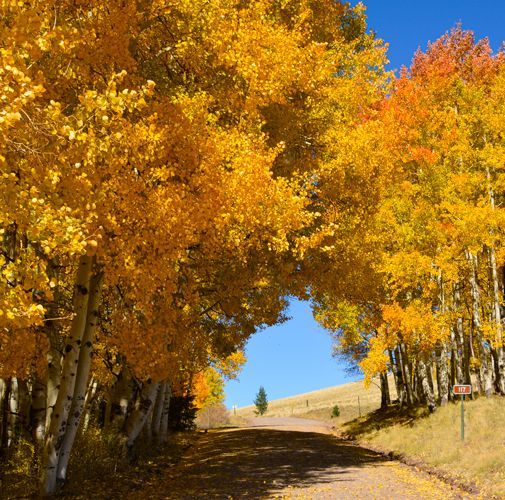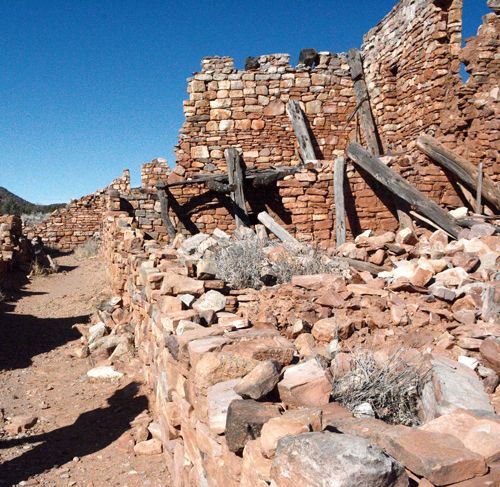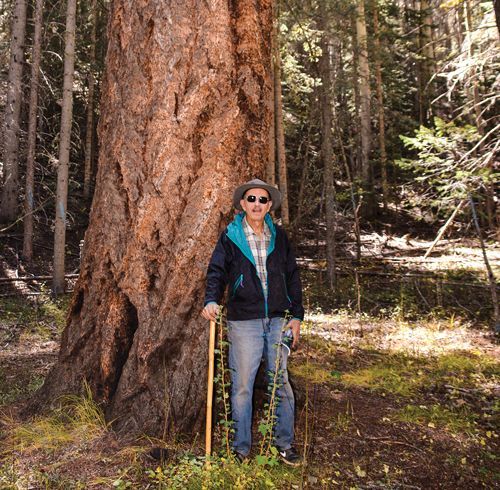A little Common sense, new information and a few reminders...

BY KATHLEEN LITTLE
For pet owners, few sights are as heartwarming as watching their beloved furry companion frolic freely in the safety of their own yard. However, ensuring the well-being and security of our pets within the confines of their outdoor space is a responsibility that should never be underestimated. While some outdoor hazards seem to be common sense, we can all use new information and friendly reminders to help keep our furry family roaming our homes for years to come.
Pesticides and fertilizers: Many people use pesticides and fertilizers in their backyards to maintain their lawns or gardens. However, these chemicals can be toxic to pets if ingested or if they come into contact with their skin. Keep pets away from treated areas and ensure safe storage of these products.
Toxic plants: Several common backyard plants can be toxic to animals. Examples include azaleas, lilies, daffodils, hyacinths, oleander, rhododendrons, and certain mushroom varieties. Be cautious about which plants you have in your backyard and research their toxicity levels.
Sharp garden tools: Tools like gardening shears, rakes, and shovels should be kept in a secure location where pets cannot accidentally step on them or play with them. These sharp objects can cause injuries, cuts, or punctures.
Insecticides and rodenticides: Just as with indoor pesticides, the ones used outside can also be harmful to pets. Ensure that all insecticides and rodenticides are safely stored in areas inaccessible to pets, and keep animals away from treated areas until it is safe.
Grills and open flames: Pets are naturally curious and can easily get burned by hot grills or open flames. When using these items, supervise your pets or prevent them from accessing the grilling area to avoid accidental injuries or burns.
Ponds and pools: Unsupervised access to ponds or pools can pose drowning risks for pets. Install secure fencing or barriers around these water features to prevent accidents. Additionally, remember to rinse off pets after swimming to avoid skin irritation or ingestion of pool chemicals.
Fencing hazards: Inspect your backyard fence regularly to ensure there are no loose boards, gaps, or sharp edges that pets can get stuck in or injured by. Maintain secure boundaries to prevent pets from escaping and encountering potential dangers outside the yard.
Toxic mulch or compost: Certain types of mulch or compost can contain substances like cocoa beans or macadamia nut shells, which are toxic to pets if ingested. Use pet-safe alternatives or ensure that pets cannot access these areas.
Tools and equipment: Backyards often house various tools and equipment, such as lawnmowers, trimmers, and power tools. It is essential to store these items properly and keep them inaccessible to pets to prevent accidental injuries.
Small objects: Backyards may have small objects like screws, nails, or small toys that can pose a choking hazard if pets ingest them. Regularly inspect the backyard for any potential hazards and keep the area clean and free of debris.
Sharp edges and surfaces: Outdoor furniture, metal edges, or broken glass can cause injuries if pets come into contact with them. Secure or repair any potential hazards to ensure your pet’s safety.
Poisonous baits: If you have a pest problem, be cautious when using baits or traps in your backyard. Many rodent baits are highly toxic to pets. Opt for pet-safe alternatives or place them in inaccessible areas where pets cannot reach them.
Outdoor chemicals: Other outdoor chemicals like oil, gasoline, antifreeze, or pool chemicals can be toxic to pets if ingested or if they come into contact with their skin. Keep these substances safely stored away from pets’ reach.
Barbecue accessories: Utensils, skewers, and accessories used for barbecuing can be hazardous if pets ingest them or come into contact with them. Make sure to clean up and store these items properly after use.
Exposed wires and cables: If there are electrical wires or cables in your backyard, ensure they are securely covered or protected. Pets may be tempted to chew on them, which can lead to electric shocks or injuries.
Garbage cans: Pets may be attracted to the smells emanating from garbage cans and can consume harmful substances like spoiled food, plastic packaging, or toxic substances. Use secure and pet-proof trash cans or keep them in inaccessible areas.
Remember, prevention is key when it comes to keeping your pets safe. Always supervise them, conduct regular pet-proofing inspections, and consult your veterinarian in case of any potential hazards or accidents.
If your pet does have a medical emergency, the first thing to do is to remain calm and assess the situation. Then, contact your veterinarian for further instructions.


